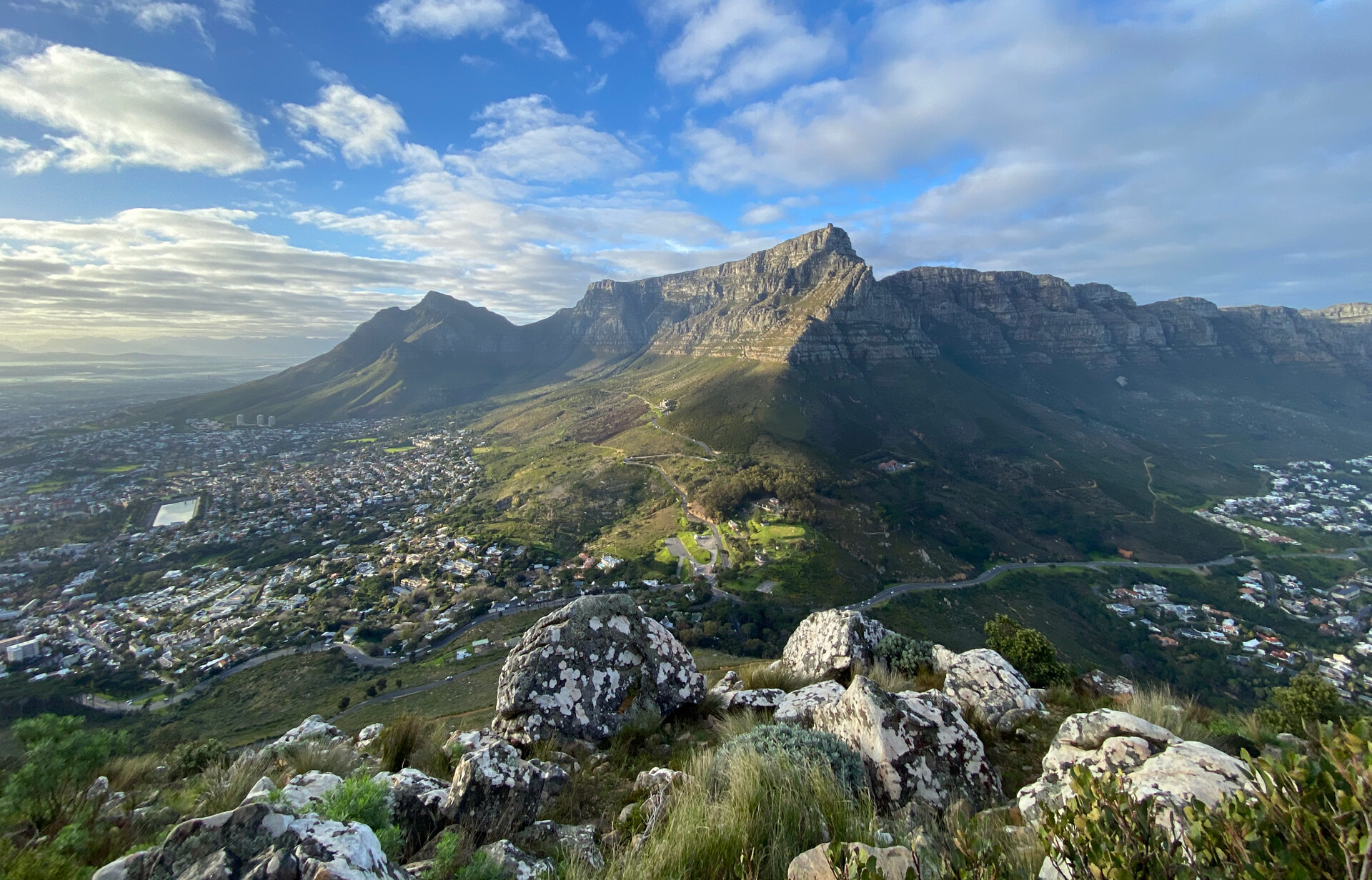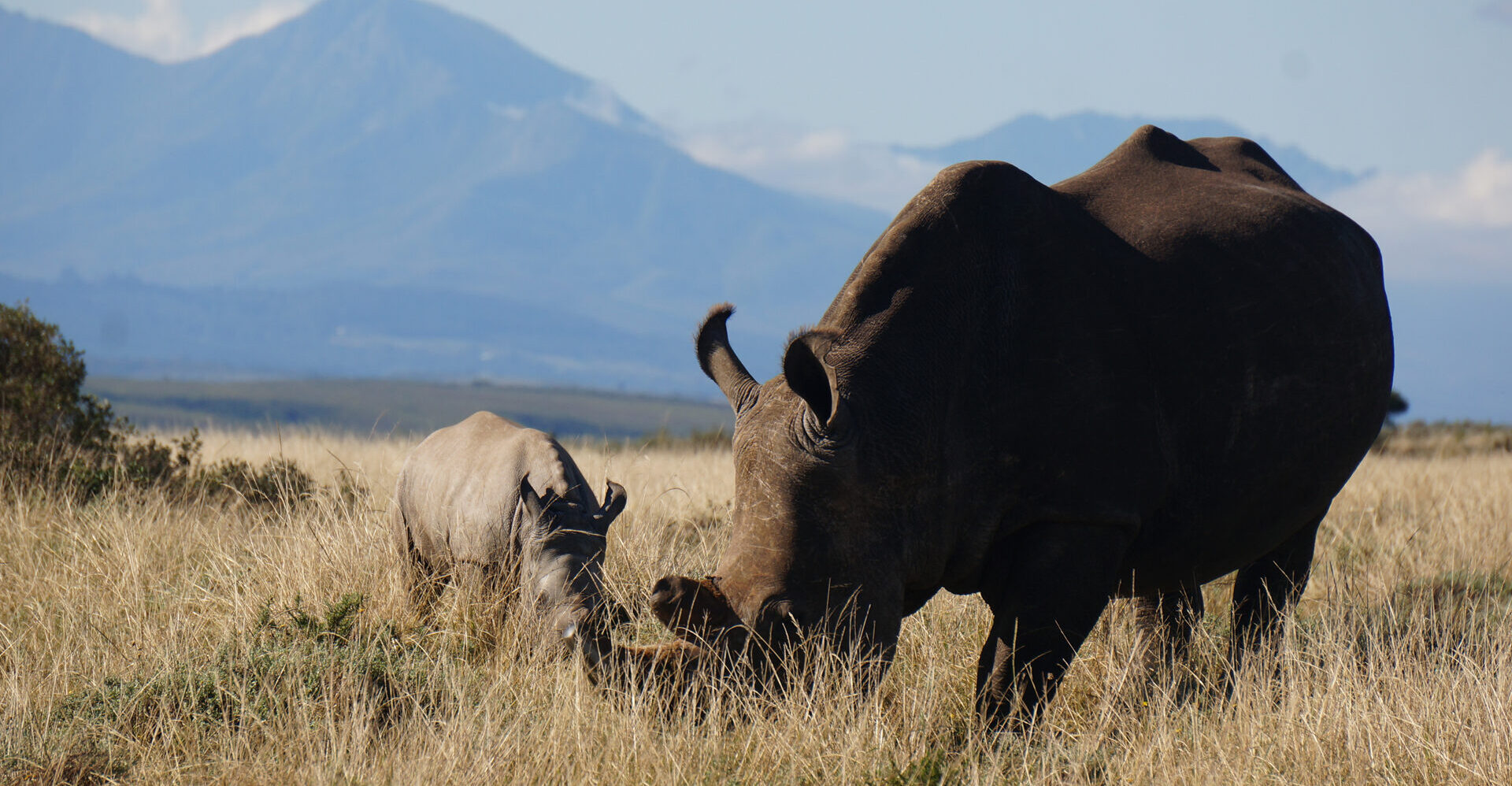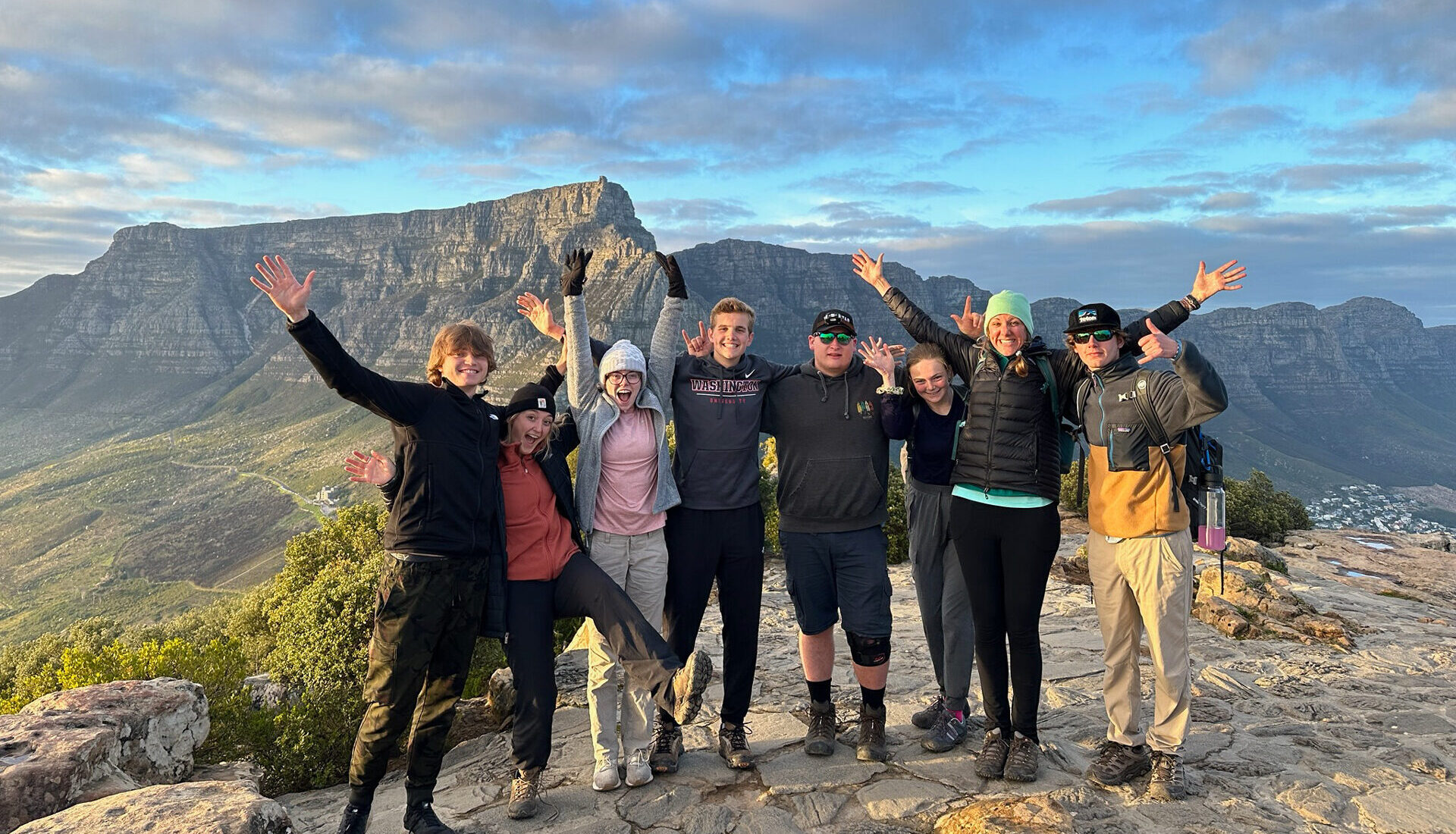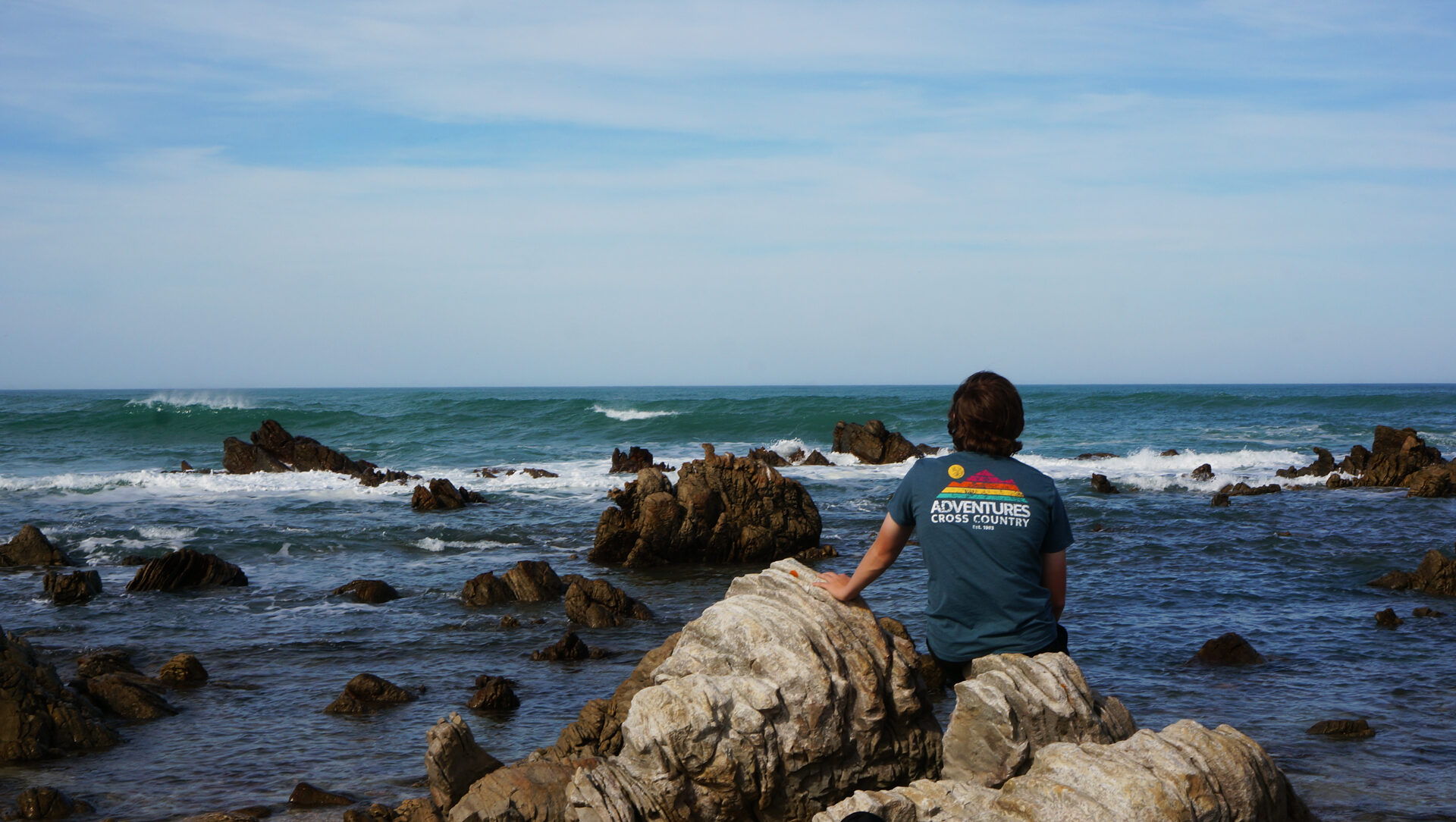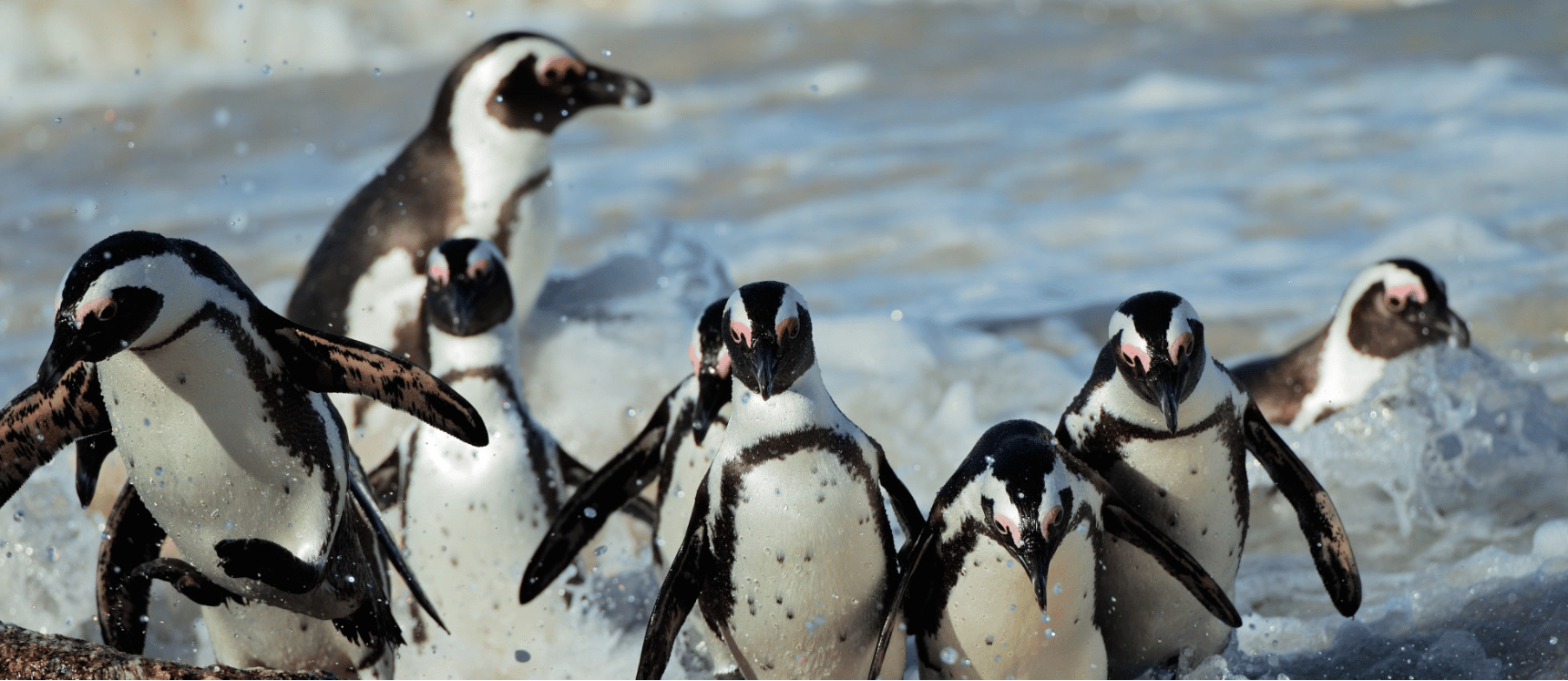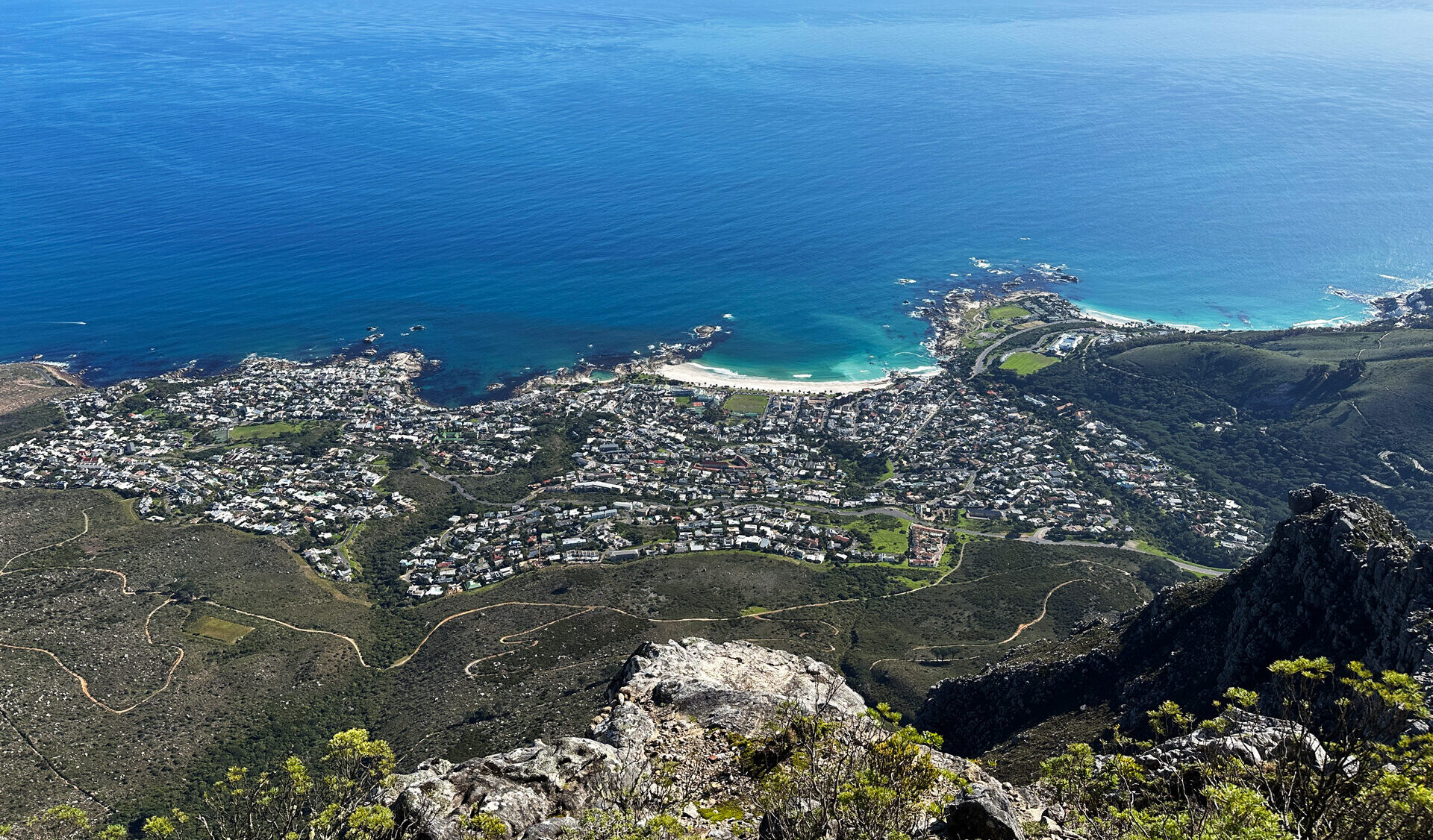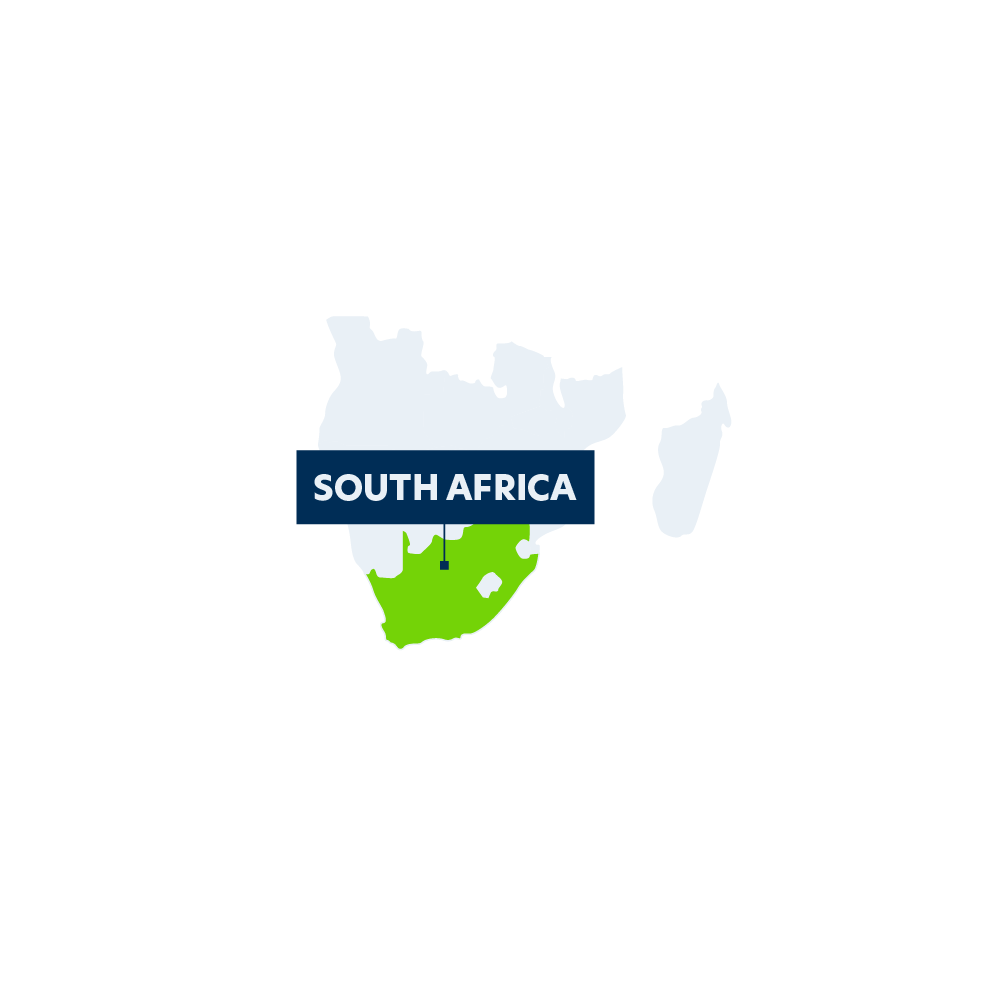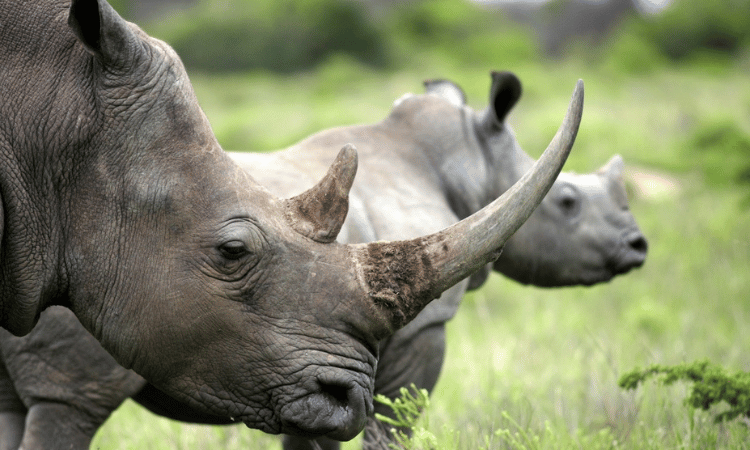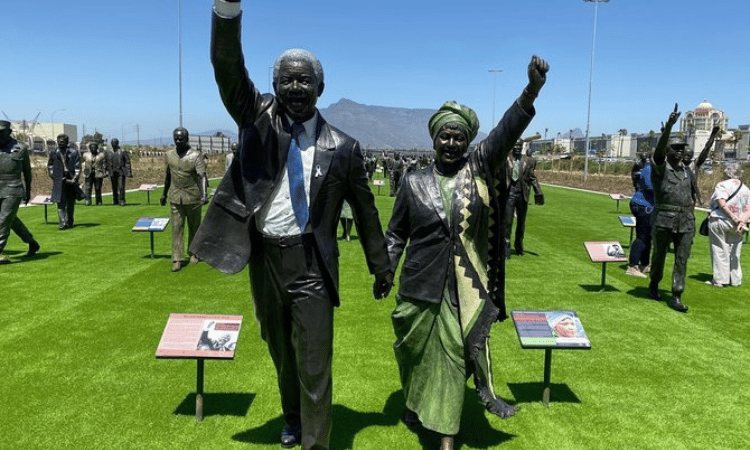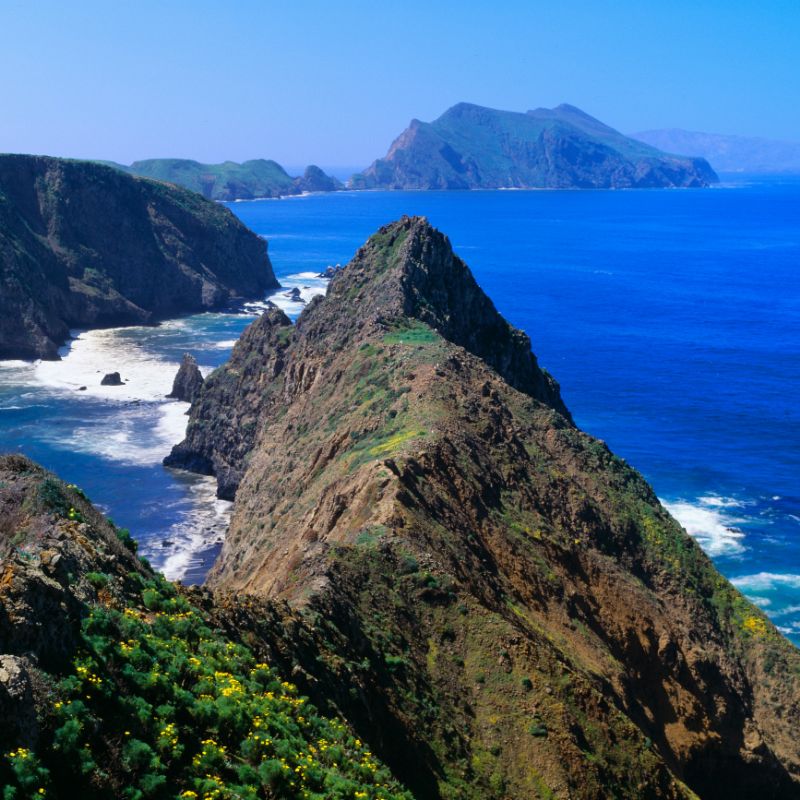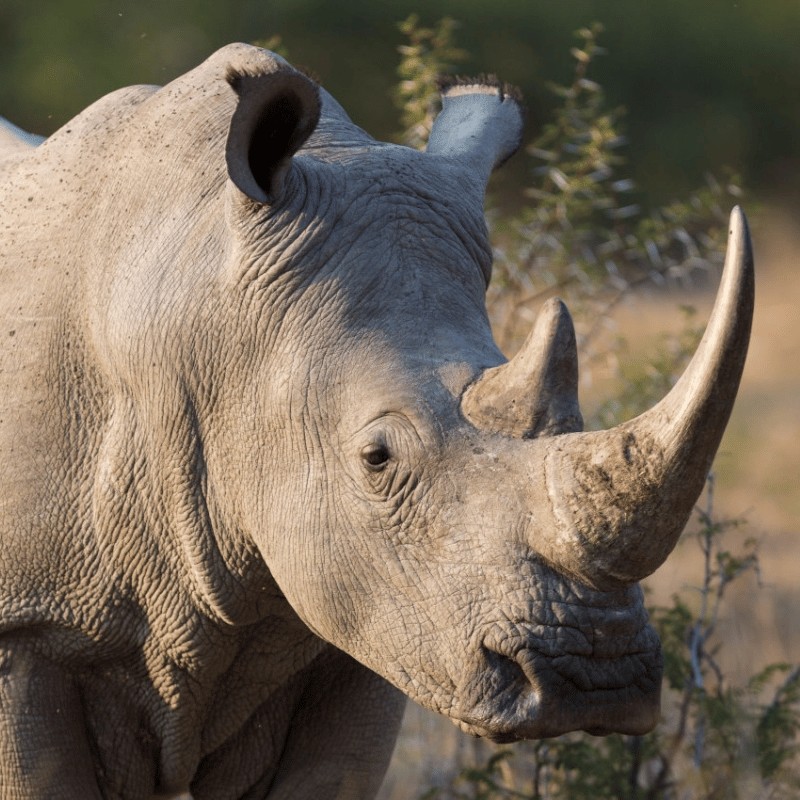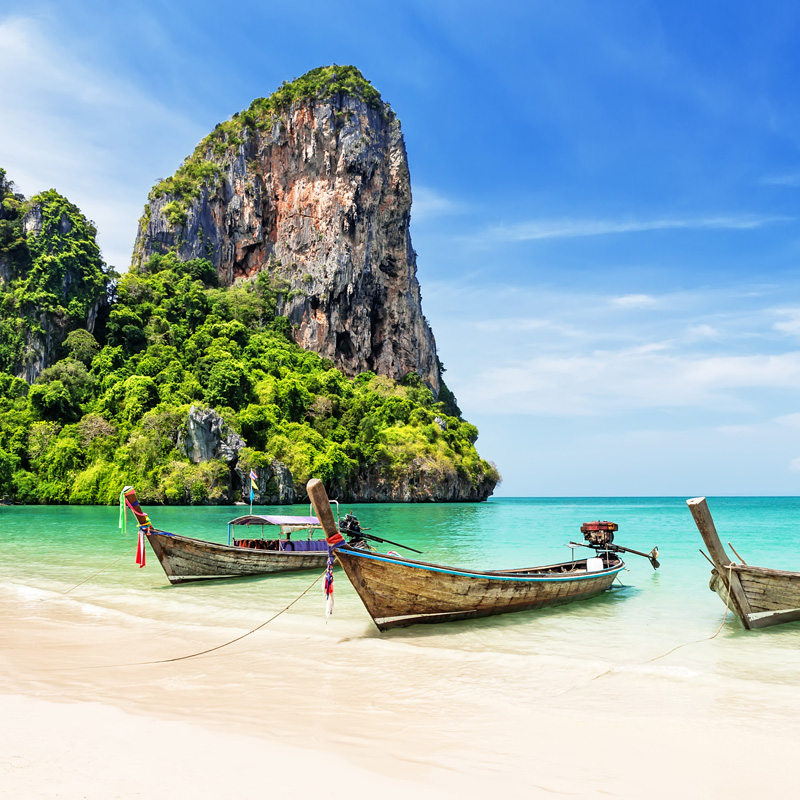Embark on an exhilarating 19-day journey to South Africa with our immersive Summer Programs for High School Students. Our adventure begins in the captivating city of Cape Town, renowned for its vibrant culture and breathtaking natural landscapes. Dive deep into the heart of this “Rainbow Nation,” engaging with local organizations and communities to gain insights into its intricate history, contemporary challenges, and the enduring legacy of the apartheid era. Experience the thrill of hiking to the summit of the cloud-shrouded Table Mountain National Park, an otherworldly landscape that defies comparison. Participate in hands-on wildlife conservation high school programs dedicated to safeguarding endangered white rhinos. Travel the rugged and enchanting Cape of Good Hope, famed for its dramatic coastlines and unique wildlife encounters. This extraordinary journey offers a rare opportunity to discover the beauty and diversity of South Africa while delving into its rich history, culture, and wildlife conservation efforts. Don’t miss out on this once-in-a-lifetime adventure! Join us today for an unforgettable South Africa travel experience.
South Africa
Land of Wild Wonders
20 days
Trip duration
10th – 12th+ (ages 16-19)
Grades
20 days
2026 Dates Coming Soon!
Newark, NJ
Arrival & Departure
